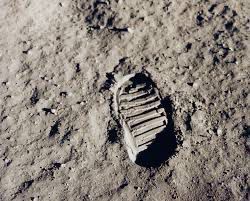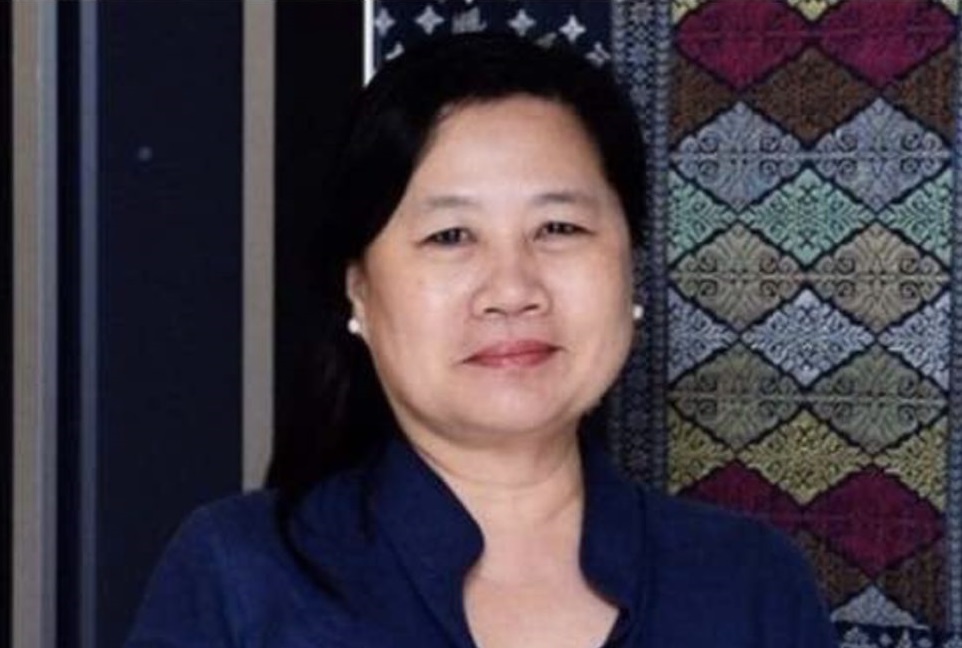
By Yuet Mee Ho-Nambiar
Humanity is standing at a crossroads. Our choices in the next six years to 2030 will determine the fate of our planet and future generations – whether our future will be brighter or bleaker. Despite growing awareness and undeniable urgency, our collective efforts have fallen short.
The environmental crises we face, from climate change to biodiversity loss, are worsening rapidly. Yet, our actions remain fragmented and inadequate. Social inequalities are deepening, and governance often fails to hold those who exploit these vulnerabilities accountable.
It is not that we are unaware of these crisis and inequities – they confront us daily. Yet, many of us, especially those with resources and knowledge, seem preoccupied with our own lives and immediate concerns. Have we forgotten that we are interconnected and interdependent, and that our actions have consequences? Or do we overlook the fact that the forces of nature are not easily controlled, unlike man-made market forces such as boom-and-bust cycles?
Restoring balance is not easy. It demands unwavering commitment, innovative thinking, and collaborative action. We need to move beyond rhetoric and embrace tangible, impactful solutions.
The slow progress we witness is a call to action. It is a reminder that we cannot afford complacency. We must accelerate our efforts, leveraging the power of technology, policy, and community engagement to drive meaningful change.
JFK said this in 1962:
We choose to go to the moon. We choose to go to the moon in this decade and do the other things, not because they are easy, but because they are hard, because that goal will serve to organize and measure the best of our energies and skills, because that challenge is one that we are willing to accept, one we are unwilling to postpone, and one which we intend to win, and the others, too.
In 1969, eight years after Kennedy’s initial challenge, two American astronauts took “one giant leap for mankind”—walking on the Moon for the first time.
So I remain hopeful that together, we can turn the tide. We can build an equitable, resilient future for all. Our society’s three actors—the institutions, the community, and the individual—must act swiftly and more effectively. Each has a vital role. Institutions should harness the strengths of many and allocate resources where they are most needed. Communities should foster an environment that encourages and supports individuals to do the right thing. Ultimately, it rests on the individuals, who, also as members of both communities and institutions, can influence activities on the ground and prompt positive change.

Guided by personal ethics of ‘do more good’, Yuet Mee Ho-Nambiar has a long involvement with sustainability and community building activities. Belief in the oneness of humanity and the nobility of man underpins her interest in matters relating to unity and social cohesion of communities, while her background in a finance-related profession focuses her interest to the area of inclusive economics and development.
The views expressed here are that of the writer’s and not necessarily that of Weekly Echo’s.